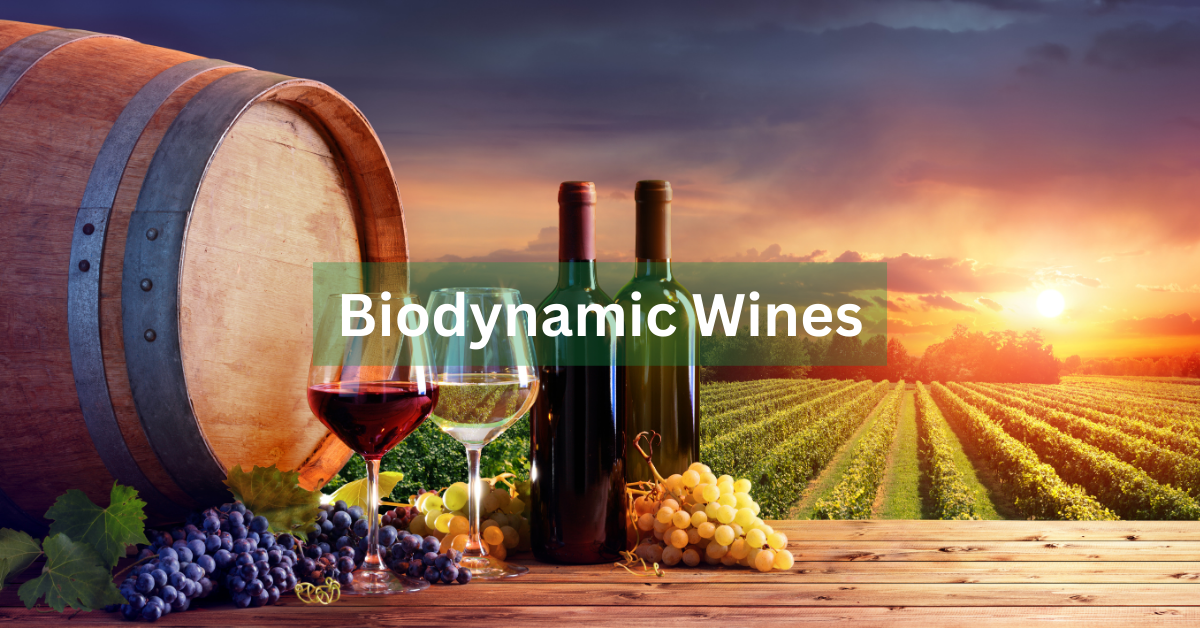
Biodynamic winemaking represents a holistic approach to viticulture that underscores the interdependence of every facet of the farming process. It delves deeply into the interconnectedness of elements such as the vines themselves, human involvement, soil health, lunar cycles, and celestial influences. Unlike conventional organic farming methods, biodynamic practices perceive the vineyard as a cohesive ecosystem, where all components are intricately linked and nothing operates in isolation. This philosophy embraces a comprehensive understanding of agricultural systems, emphasizing harmony with nature and the cultivation of wines that reflect the integrity and vitality of their environment.
Biodynamic farming, as defined by the Biodynamic Farming and Gardening Association, encompasses a spiritual-ethical-ecological approach to agriculture, gardening, food production, and nutrition. In the realm of winemaking, biodynamic practices entail a holistic farming philosophy that regards the farm or vineyard as a unified organism. This interconnected ecosystem operates cohesively, where each element contributes to the overall health and vitality of the land. Central to biodynamic viticulture is the concept of self-sustainability, achieved through the use of natural materials, composting, and a prohibition on chemical fertilizers and pesticides. Livestock, including ducks, horses, and sheep, play a vital role in enriching the soil and fostering a fertile environment for grape cultivation. Ultimately, biodynamic farming seeks to ensure the long-term sustainability of the land for future generations, promoting environmental stewardship and ecological balance.
While many biodynamic practices align with scientifically proven organic methods, some aspects are less straightforward to validate through scientific means. Biodynamic viticulture entails treating the vineyard as a unified entity, eschewing chemical inputs in favor of natural materials and composts. Integral to this approach is adherence to the biodynamic calendar, which dictates farming activities based on lunar and celestial cycles. Divided into root, flower, fruit, and leaf days, each corresponds to specific tasks reflective of Earth's classical elements. Harvesting occurs on fruit days, watering on leaf days, and pruning on root days, with flower days designated for allowing the vineyard to rest. While the efficacy of these practices may be harder to scientifically ascertain, their holistic approach emphasizes harmony with nature and the rhythms of the cosmos.
In biodynamic winemaking, the lunar cycle plays a pivotal role, guiding vineyard activities according to the moon's phases and associated zodiac signs. Divided into four types—flower, fruit, leaf, and root days—each corresponds to the elemental forces of fire, air, water, and earth, respectively. By harmonizing viticultural practices with these cosmic rhythms, practitioners aim to cultivate grapes in alignment with the natural order. This lunar calendar serves as a guiding light for winegrowers, offering insights into optimal times for tasks like planting, pruning, and harvesting. Embracing this holistic approach, the biodynamic community believes that attuning to the lunar cycle fosters superior grape cultivation and enhances the quality of the resulting wines.
But, is there a taste difference between biodynamic and any other wine? The answer is NO.
Determining whether a wine was produced using biodynamic practices through blind tasting alone is a challenging feat. While the sensory experience of wine is inherently subjective, discerning the specific farming methods employed in its production remains elusive. However, it's worth noting that many biodynamic winemakers also adhere to organic farming principles, eschewing pesticides and embracing holistic agricultural techniques. This combined approach, characterized by a deep connection to nature and sustainable farming practices, may contribute to the elevated taste profile often associated with biodynamic wines. While not easily identifiable through taste alone, the commitment to biodynamics reflects a dedication to environmental stewardship and quality winemaking.
